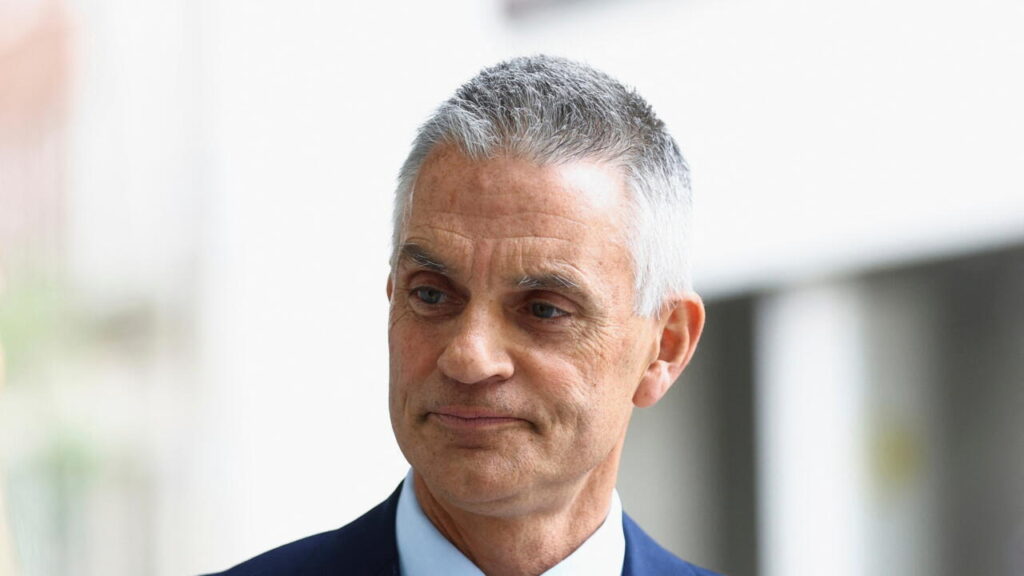The BBC has been plunged into crisis after its Director General, Tim Davie, and Head of News, Deborah Turness, resigned amid backlash over a Panorama documentary that allegedly misrepresented a speech by Donald Trump.
The controversy erupted after The Telegraph published a leaked internal memo revealing that the BBC edited two separate parts of Trump’s January 6, 2021, speech to make it appear as though he had explicitly encouraged the Capitol Hill riots. The two clips were originally more than 50 minutes apart, sparking accusations of misleading editing and bias.
In his resignation statement, Davie who led the broadcaster for five years acknowledged “mistakes had been made,” stressing that as Director General, he must take ultimate responsibility. Turness, who had been with the BBC for three years, said the controversy had reached a point where it was “causing damage to the BBC,” adding, “the buck stops with me.”
The resignations are unprecedented, marking the first time both the BBC’s top executives have stepped down simultaneously. The fallout comes just before BBC Chairman Samir Shah is due to appear before Parliament, where he is expected to apologise for the editing error.
The leaked memo, written by former BBC adviser Michael Prescott, also raised concerns over systemic bias in the corporation’s coverage of sensitive topics, including the Israel-Gaza war and trans issues.
Political leaders reacted swiftly. Conservative leader Kemi Badenoch said the resignations were “right but not enough,” urging deeper reform, while Liberal Democrat leader Sir Ed Davey called it an opportunity for the BBC to “turn a new leaf.”
Meanwhile, Trump hailed the resignations, accusing the BBC of trying to “doctor” his “perfect speech.”
As the BBC faces mounting scrutiny, the search now begins for a successor who can restore trust, transparency, and impartiality at one of the world’s most respected news institutions.

